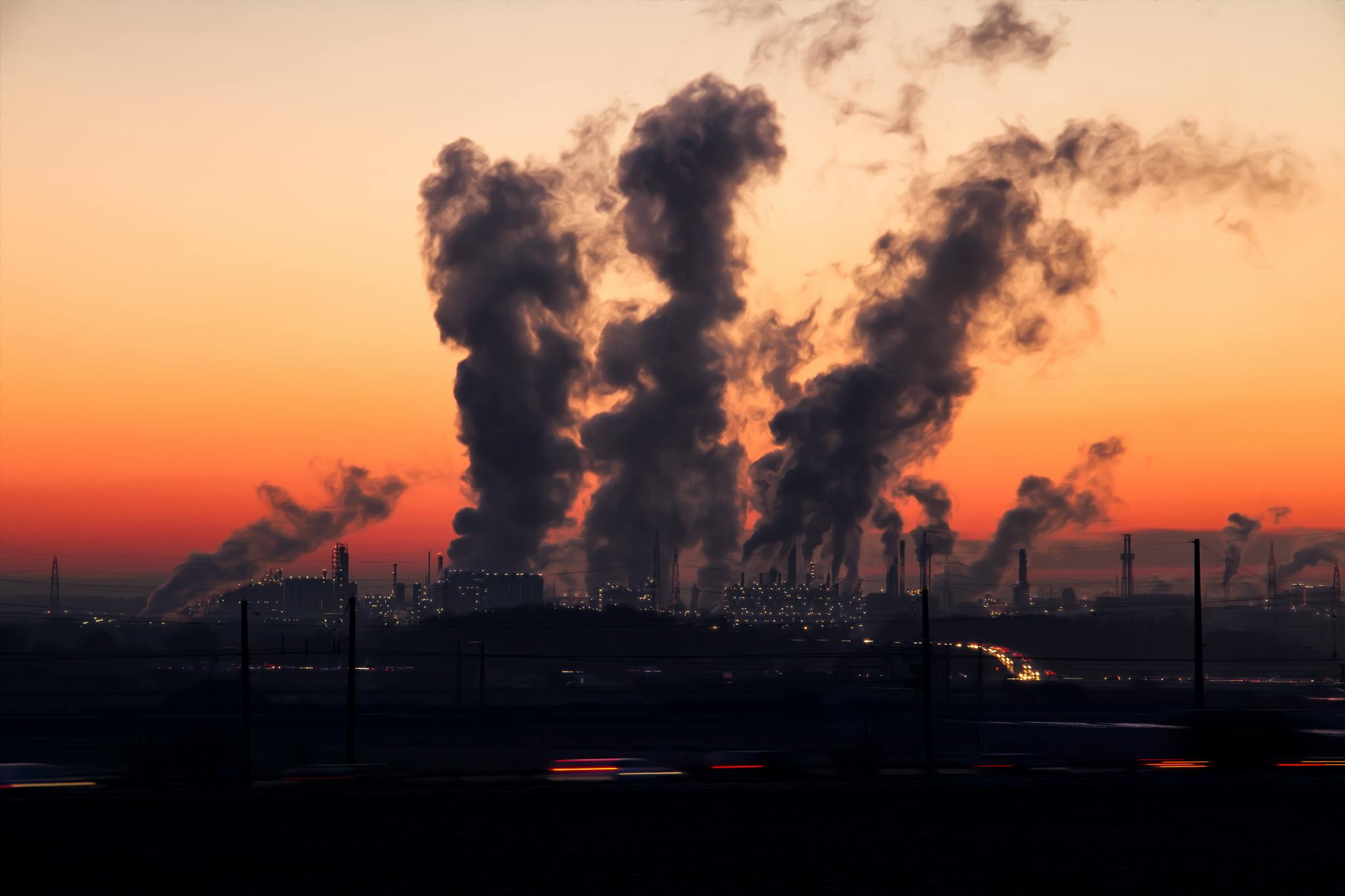
Joint letter – ICC reform and expansion risks diverting ETS Revenues from real climate action
In light of the European Commission’s ongoing considerations to amend the ETS State Aid Guidelines, revising the rules for Indirec...
News

Publish date: February 16, 2010
News
The federal loan will guarantee will go to help Southern Co. which plans to build two nuclear reactors near Southern’s Vogtle site near Augusta, in the State of Georgia. The new loan is part of a planned $54.5 billion program to kickstart a nuclear revival using government-backed loans.
Southern estimates the two new reactors will cost $14.5 billion. Under the loan guarantee programme, the government may guarantee up to 80 percent of a nuclear project’s cost, but the recipient must pay a percentage as a “credit subsidy” fee set by US Department of Energy (DOE) and the Office of Management and Budget. The size of the credit subsidy fee has been the focus of squabbles among the government, industry and advocacy groups.
Details of the loan guarantee were still being finalized today, an industry source told Bellona Web.
The conditional $8.3 billion award will take up almost half of the $18.5 billion apportioned for nuclear power in the Energy Department’s loan guarantee programme, which officials originally estimated could support up to four nuclear power plant applications. Congress established the programme in the 2005 energy bill to help support advanced clean-energy technology with low or no carbon emissions.
The largely expected announcement came as Obama was touring a job traing centre for a local union in Lanham, Maryland with US Energy Secretary Steven Chu.
“In order to truly harness our potential in clean energy, we’ll have to do more. We’ll have to make tough decisions,” Obama said at the facility, which trains workers in electrical engineering and other skills needed for clean-technology jobs, including positions at nuclear power plants.
Obama emphasized the need for the United States to remain competitive with China, France, Japan and other countries, which are building a total of 56 new nuclear reactors.
“Even though we’ve not broken ground on a new nuclear power plant in thirty years, nuclear energy remains our largest source of fuel that produces no carbon emissions,” Obama told reporters.
“To meet our growing energy needs and prevent the worst consequences of climate change, we’ll need to increase our supply of nuclear power. It’s that simple,” he said. “Make no mistake: Whether it is nuclear energy, or solar or wind energy, if we fail to invest in these technologies today, we’ll be importing them tomorrow.”
Bellona, which opposes nuclear power as a technology to mitigate climate change, responded immediately.
“Replacing CO2 emitting energy sources with nuclear power is tantamount to trying to cure the plague with cholera,” said Bellona nuclear physicist and director Nils Bøhmer.
“The United States should focus on developing carbon capture and storage technology, renewable technology, in addition to an increased focus on energy conservation,” he said.
Indeed, these were the promised laid out by the Obama Administration a little more than a year ago as it gave the US economy a shot in the arm with his stimulus package that promised enormous job and economic growth in the renewable energy sector.
But Republicans – and indeed many democrats from coal dependent or producing states – had been holding the climate legislation up. Many US analysts therefore see the new focus on nuclear in Obama’s energy policy to be an olive branch to hostile, pro-nuclear Republican camps.
Other US-based critics of the plan called the loan guarantee programme another “bailout’ – cash infusions from the US government to the ailing banking and Wall Street sectors that so plagued the Obama administrations first days in office.
“The last thing Americans want is another government bailout for a failing industry, but that’s exactly what they’re getting from the Obama administration,” said Ben Schreiber, an analyst for Friends of the Earth, a US-based Environmental group, in a statement.
According to the Congressional Budget Office, the “bailout” has more than a 50 percent chance of failure. According to a budget office study the chances of default on these loans are “very high – well above 50 percent.”
Carl Pope, executive director of the Sierra Club, said, “We need to prioritise the cleanest, cheapest and fastest ways to reduce emissions, and nuclear power is neither clean, cheap, nor fast nor safe.”
“The loan guarantees announced today may ease the politics around comprehensive clean clean energy and climate legislation,” said Pope, “but we do not believe that they are the best policy.”
Michael Mariotte, executive director of Nuclear Information and Resource Service, said the loan programme is a subsidy for nuclear power.
“This would be a repudiation of Obama’s own campaign statements against subsidies for nuclear power, and the implementation of the worst energy policy excesses of the Bush administration and failed presidential candidate Senator John McCain,” Mariotte said.
But the political realities of partisan Washington soon caught up with Obama’s more utopian visions of a green future, especially with the key loss of the late Democrat Ted Kennedy’s senate seat to Republican Scott Brown.
The loss shot down a guaranteed supermajority in the Senate, where 60 seats were held by Democrats until Brown’s upset victory last month.
To add to these woes, the Congress is facing midterm elections in November, where more Democrats supportive of the climate bill could lose their seats. Indeed, Indiana Congressman Evan Bayh, a Democrat, resigned his post yesterday, citing frustration over Congressional partisan bickering.
Obama was prepared for criticism from environmentalists, entrepreneurs – and Democrats and Republicans: “On an issue which affects our economy, our security and the future of our planet, we cannot continue to be mired in the same old debates between left and right, between environmentalists and entrepreneurs,” he said.
Obama reminded environmentalists who oppose the expansion of nuclear power that reactors are the largest sources of power that do not produce carbon emissions. He also reminded Republicans who oppose capping carbon emissions that curbing greenhouse gases would offer the greatest incentive for building new nuclear power plants. He called on the Senate to pass a bipartisan energy and climate bill.

In light of the European Commission’s ongoing considerations to amend the ETS State Aid Guidelines, revising the rules for Indirec...

On 24 February 2025, Bellona Europa co-hosted a breakfast seminar at Norway House in Brussels alongside ZERO and the Mission of Norway to the EU, bringing together policymakers, manufacturers, and procurement practitioners around a single conviction: European cities hold a decisive and largely untapped lever for decarbonising construction. With the revision of the EU Public Procurement Directives on the horizon, the moment to use it is now.

Opening remarks and future of EU CRCF Market Christian Holzleitner, Head of Unit for Land Economy and Carbon Removals&nb...

Together with six NGOs and five industry partners, Bellona Europa signed a joint letter on the RFNBO Delegated Act, reiterating that now is not the t...

“The Commission shall monitor the situation at Union level with a view to monitoring the impact of the CBAM on the Union i...
Get our latest news